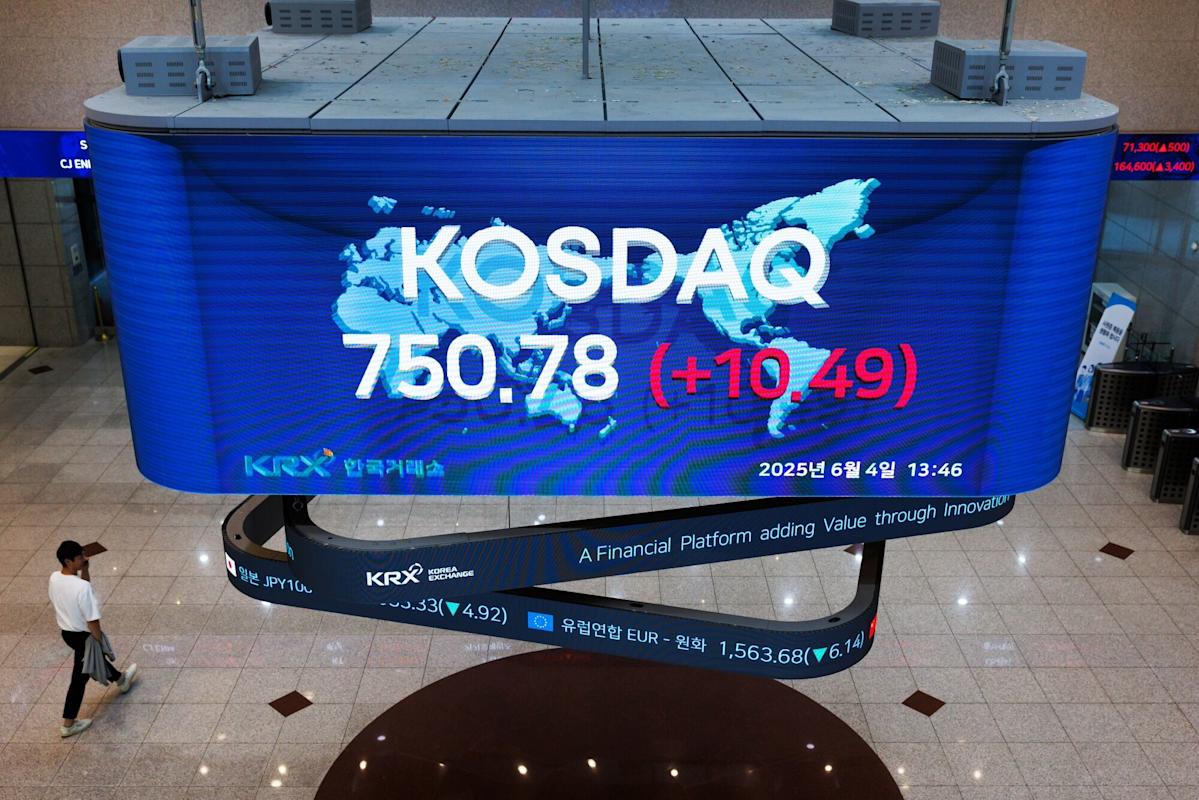South Korea Scraps Plans to Raise Capital Gains Tax
(Bloomberg) — South Korea has abandoned a controversial plan to lower the capital gains tax threshold for stock investors, marking President Lee Jae Myung’s first major policy reversal since taking office in June.
The decision follows months of opposition from Lee’s core voter base, many of whom are retail investors. Proposed changes — including lowering the capital gains threshold on stock holdings to 1 billion won ($717,535) from 5 billion won — raised questions about the government’s commitment to reviving the stock market and triggered a selloff in August that erased billions in value.
Most Read from Bloomberg
On Monday, the benchmark Kospi Index rose as much as 0.7% to a record, extending last week’s gains on expectations of the policy reversal. Fueled by corporate reform momentum and the global AI boom, the index is up about 42% this year, among the world’s best performers.
Government officials had framed the tax proposals as part of a broader effort to boost revenue and offset economic pressures from higher US tariffs. They later reversed course after critics warned the plan would undermine investor confidence and stifle one of the world’s best-performing stock markets this year.
“The U-turn on the stock capital gains tax reflects more than wavering policy consistency — it exposes flaws in the large shareholder gains tax, which stoked retail investors’ fears of a major selloff,” said Hyosung Kwon, an economist at Bloomberg Economics. “Future reforms must be sharper and distortion-free to avoid repeating past mistakes.”
Lee, who campaigned on a promise to support Korea’s equity markets, is expected to pledge alternative measures to raise funds while prioritizing policies that strengthen the financial system. The rollback marks an early test of Lee’s ability to balance fiscal demands with political commitments and highlights the growing influence of Korea’s 14 million small investors, who account for two-thirds of daily stock trading.
Last week, Kospi saw the biggest weekly foreign inflows since 2013, according to Goldman Sachs. Global investors bought 4 trillion won worth of Kospi stocks on a net basis last week, mostly in tech.
“The Kospi 5,000 cannot coexist with the capital gains tax from 1 billion won,” Jung Eui-jung, head of Korea Stockholders Alliance, said at a press conference earlier this month. “Lowering the threshold will inevitably spark a civil uprising.”



Leave a Comment
Your email address will not be published. Required fields are marked *